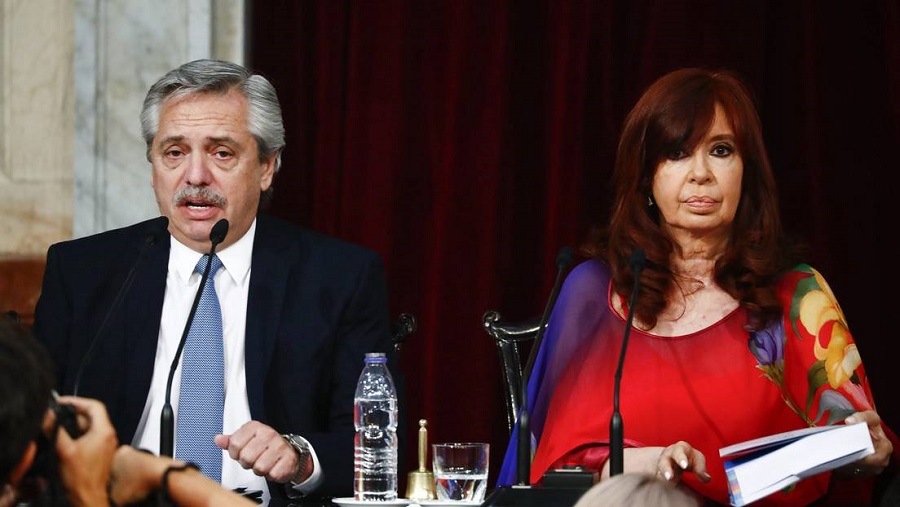RIO DE JANEIRO, BRAZIL – Mercosur, the Southern Cone trade bloc, suffered yet another blow on Friday, April 24th, when Argentina announced it had dropped out of ongoing negotiations with Canada, South Korea, Singapore, and Lebanon.
“Argentina explained that, for economic reasons, it could not sit at the trade talks at this time,” says Paula Barboza, general coordinator of extra-regional trade negotiations at Itamaraty (Brazil’s Foreign Ministry).

In the diplomatic arena, it is said that Argentina’s hardship has reached such a point that lately the country has not been able to afford hotel fees for its diplomats to attend meetings in other countries.
On Wednesday, April 22nd, the day a US$502 million installment of Argentina’s foreign debt was due, the government announced that it would not be able to afford the payment. Unless the debt is paid by May 22nd, Argentina will be forced to enter a debt moratorium. The crisis unleashed by Covid-19 has added to the country’s plight, crippling much of its production.
“The Argentinians were respectful and did not intend to cause embarrassment to the other Mercosur members,” says Paula. In practice, if the free trade agreements in progress are closed in the short and medium-term, Brazil, Paraguay and Uruguay will together have a tariff package, with progressive reductions in import taxes, of which Argentina will not be a member.
According to diplomatic sources, Mercosur risks becoming, albeit temporarily, the only customs union in the world where countries do not negotiate collectively.
Argentina would continue to be involved in cooperation among Mercosur countries in areas such as defense, health, and politics, which are independent of trade negotiations. In any event, in order to accommodate the new circumstances, with Argentina out of the trade negotiations, a change to the measure which requires all parties to negotiate jointly will be needed.
This will be yet another relaxation in Mercosur, which currently has gaps for sugar and vehicles to be left out of free trade rules between Brazil and Argentina.
How future negotiations will be conducted is also unclear. Mercosur is preparing to start negotiating rounds with Vietnam and Indonesia next year. Brazil exports more than US$2 billion a year in cotton, soy, and steel blocks to the two countries.
According to diplomatic sources, Argentina’s withdrawal from trade negotiations could signal a new path for Mercosur, with more flexible rules and a return to its common market roots. This would require a review of the whole Mercosur legal framework, a discussion that, for the time being, is not yet fully established.
Source: Exame

